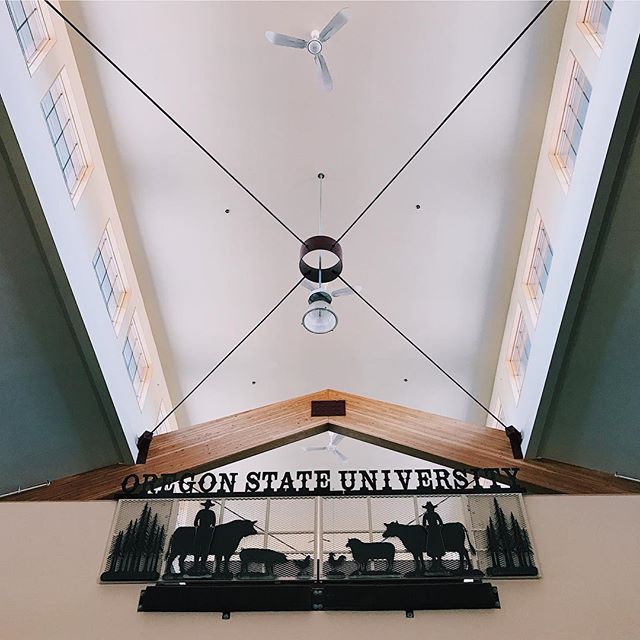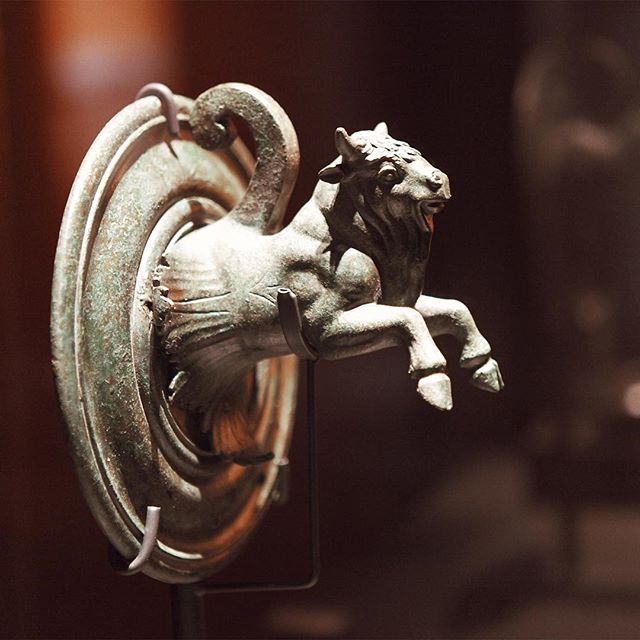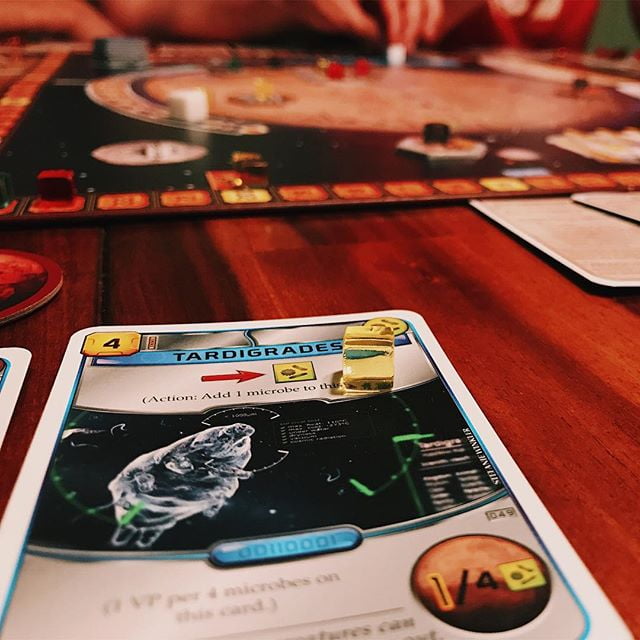?????????????
Posts from August 2017
minimalist beehives
??
????
Saturday Links, Late August
Links: everything is terrible, no commentary edition.
- Wikipedia: Imminent lawless action
- New York Times: A Pardon for Arpaio Would Put Trump in Uncharted Territory - Narrator: and here we are.
- NPR: A Reformed White Nationalist Speaks Out On Charlottesville
- Reuters: U.S. state election officials still in the dark on Russian hacking
- 4 Thoughts About Trump’s Phoenix Speech And The Media
- The Baffler: The President of Blank Sucking Nullity
- ProPublica: Despite Disavowals, Leading Tech Companies Help Extremist Sites Monetize Hate
- Wired: The Alt-Right Can't Disown Charlottesville
- Globe and Mail: There aren’t ‘many sides.’ There is only one right side, and Trump is not on it
- The Verge: Medium will now pay writers based on how many claps they get
- Track Changes: Decentralize It! - I clapped several times for this.
- Did This Book Buy Its Way Onto The New York Times Bestseller List?
- A Designer Life: Stop Using The Cup of Coffee vs. $0.99 App Analogy
- MIT Technology Review: Eliminating the Human
- Wired: The Great Tech Panic: The Internet Is the Uncanniest Valley
- Data & Society: Media Manipulation and Disinformation Online
- EPJ Data Science: Instagram photos reveal predictive markers of depression
- Google will offer help when searching for 'clinical depression'
- Longreads: Here at the End of All Things
- The Believer: Destroy All Monsters
- Ready.gov: Nuclear Blast
- Racked: How Washing Your Hair Could Help You Survive a Nuclear Blast
- Business Insider: Nuclear fallout safety: Getting in a car is the worst thing you can do
campus westy
Totality
Eclipse Viewing Spot
sun through a telescope
solar viewing with @rachf72
WebAIM Training
Wednesday Links
When things turn to garbage I guess I turn to Wikipedia. A couple more links I've been thinking about recently: False equivalence and Slippary slope. Have journalists seen these? Because I feel like they haven't seen these.
Tuesday Links
I have a slew of links to share, but it doesn't feel like a good time to share a slew of links. The daily news feels like a daily test of the paradox of tolerance and I've been thinking about that quite a bit. Also, brushing up on the concept of hate speech has been helpful for me.
Pompeian bull
Roman Woman
Sunday Links, Early August
Some unorganized links from the past week or so:
- MetaTalk: mathowie transfers ownership of MetaFilter to cortex - Big MetaFilter Universe news, but not a big shift for the site. Congrats to Matt and Josh on the move! Long may MeFi run.
- Erica Joy: I am disappointed but unsurprised... - A sexist manifesto circulating Google is abuse of co-workers but defined as an alternative view by Google management. (Update: Google management takes an alternative view.)
- Ijeoma Oluo: Facebook's Complicity in the Silencing of Black Women
- Atlas Obscura: Join the Search for Geedis - I love these pop ephemera mysteries.
- New York Times: To Protect Voting, Use Open-Source Software - We have been having this conversation since voting machines were invented. This should be obvious.
- The Atlantic: Have Smartphones Destroyed a Generation? - See Betteridge, but there's more than just the headline here.
- Teen Vogue: We Need to Talk About Digital Blackface in Reaction GIFs
- Siggraph 2017: Deep Bilateral Learning - Teaching computers to edit photographs like a human.
- Texas Monthly: The Drug Runners - Sad update on the reclusive Mexican native people The Tarahumara of Born to Run fame.
- @GalaxyKate ...welcome to Programmer Hell - Apple spent billions to build a terrible work environment.
- The Unreasonable Effectiveness of Recurrent Neural Networks
- Brad Sucks: Better Than Nothing Preorder - new vinyl ordered.
- Wall Street Journal: Why Vinyl's Boom Is Over - Two of my favorite artists provide a snapshot of where vinyl production is today.
- Ask Polly: It Seems Like My Friends Don’t Like Me - "We have to find a way to bring the sharp edges and troubling complications and glorious moments of joy into a world that communicates with a series of popping-Champagne emoji and eye roll memes."
- New York Times: Thanks to Venmo, We Now All Know How Cheap Our Friends Are - An update on PayPal's peer-to-peer option.
- Stanford Business: Why Working From Home Is a “Future-looking Technology”
- Dan Hon has been knocking neural network social commentary comedy out of the park lately by simulating Ask MetaFilter questions and Hacker News headlines.
Elephant Ears
Ferris Wheel
fair gamer
tardigrades
Tom Swarfties
"I trained a neural network to write Tom Swifties," Tom said artificially. But seriously, after "success" with Oregon Placenames I wanted to try something more complex. The short, repeating format of Tom Swifties seemed like something it could tackle. I found a good compilation and set to work training. (Start with the compilation if you haven't seen Tom Swifties before. You'll get the idea after a handful.)
I have a feeling I need to look into the whole GPU thing for processing because I've been training the AI nonstop on AWS for a few days now and while it has come a long way, it's still not speaking English. But the Swifty form is there and I think it has some interesting things to share. Here are a few:
I have a feeling I need to look into the whole GPU thing for processing because I've been training the AI nonstop on AWS for a few days now and while it has come a long way, it's still not speaking English. But the Swifty form is there and I think it has some interesting things to share. Here are a few:
- "Allye! Peen!" said Tom guiltorively.
- "I had a modight", said Tom inderitively.
- "I've not beat'd will we I sfong that take ban hisse", said Tom bardingly.
- "Let's go! wrong wo", said Tom posthalicteitingly.
- "Looks oke run shats", Tom repocked.
- "I more for owlanimors!" said Tom jauntly.
- "I haven to reperent", said Tom barch-oned.
- "I'm going to have sow manartioutive", said Tom pridely.
- "I like that a get a tround of chairs?" asked Tom consically.
- "You're faloamintica", Tom canied consentingly.
- "I don't play due the stragumed glan to the botheric", said Tom rasmitally.
- "It's tere takes my pief?" asked Tom centatically.















